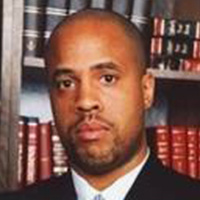Clarkdale Misdemeanor Lawyer, Arizona
Sponsored Law Firm
-
 x
x

Click For More Info:
-
Kenneth S. Countryman, P.C.
1130 North 2nd Street P.O. BOX 11077 Phoenix, AZ 85004» view mapCriminal Defense Law A Law Firm You Can Trust
Let Kenneth S. Countryman, P.C. handle your criminal defense legal matters.
800-978-0861
Not enough matches for Clarkdale Misdemeanor lawyer.
Below are all Clarkdale Criminal lawyers.
David Paul Gordon
Commercial Real Estate, Juvenile Law, Criminal, Personal Injury
Status: In Good Standing Licensed: 56 Years
Michael Anthony Shaw
Employee Rights, Criminal, Wrongful Death, Accident & Injury
Status: In Good Standing Licensed: 22 Years
Michael Anthony Shaw
Employee Rights, Criminal, Wrongful Death, Accident & Injury
Status: In Good Standing Licensed: 22 Years
A Douglas LaSota
Criminal, Federal Appellate Practice, Family Law, Juvenile Law
Status: In Good Standing Licensed: 44 Years
 Kenneth Countryman Phoenix, AZ
Kenneth Countryman Phoenix, AZ Practice AreasExpertise
Practice AreasExpertise
